Buying a family car is a big decision.
It will need to be spacious enough for the number of kids you transport, have a capacious boot for hauling pushchairs, a fortnight's worth of groceries along with other day-to-day needs of family life, and have plenty of kit to keep everyone occupied.
However, reliability is arguably as important – if not most – as all of the requirements listed above.
The last thing any parent needs is to be stranded at the roadside with a car full of children onboard or to incur unexpected – and often expensive – vehicle repair bills.
conducts an annual reliability survey of almost 30,000 drivers in which it ranks the most and least dependable motors by category – including family motors.
This information has been shared with This is Money so we can tell you which models up to five years old – so either available in showrooms or as nearly-new used motors – can be relied upon most.
And we’ve also included the three family cars with the lowest reliability scores.
10. Ford Focus petrol (2018-2024)
94.9%
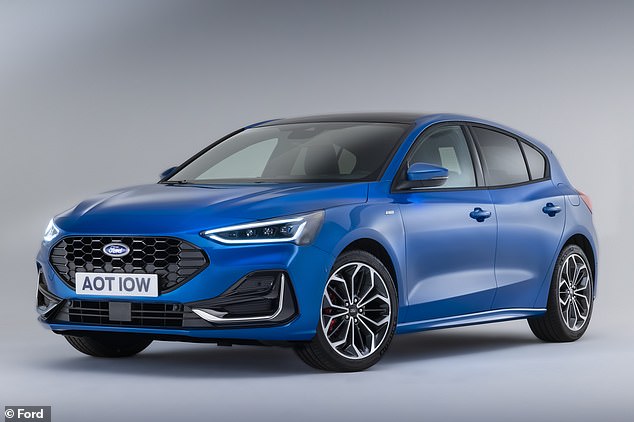
as it switches attention to a new range of electric vehicles.
The last generation Focus performs more than adequately in terms of reliability – if you choose one with a petrol engine. Just 9 per cent of owners of these cars said they had developed a fault in the previous 24 months. Interestingly, a third of diesels had at least one issue over the same period.
The most common faults are linked to the 12-volt battery, bodywork and non-engine electrical systems, which includes the sat-nav and infotainment system. None of these faults made the cars undrivable, though more than half of petrol Focuses were off the road being repaired for over a week. Repairs were all covered under warranty at no cost to owners.
9. Mini Clubman (2015-2024)
95.5%
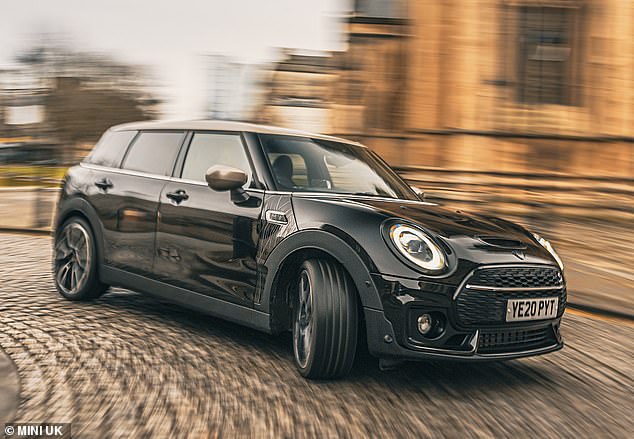
Some 15 per cent of Mini Clubman drivers said their cars had developed problems over the last two years. However, every instance of faults were bodywork problems.
Every Clubman with bodywork issues were fixed in less than a week – two thirds of them back with their owners within a day.
Mini warranties covered repair costs for a third of owners. Models that were outside of three-year, unlimited mileage warranty period cost drivers between £50 and £500 in garage receipts.
8. Kia XCeed (2019-present)
95.6%
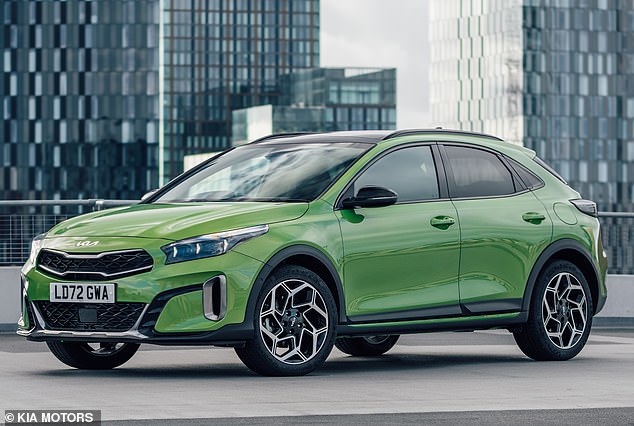
Like the Mini Clubman, the most common problems with Kia XCeeds were related to the bodywork. This was an issue for 21 per cent of owners who reported a fault with their car. There were also issues are the 12-volt battery and sat-nav/infotainment system, though in smaller volumes.
All cars were fixed in less than a week and a third of them were in and out of workshops in less than 24 hours.
Despite every XCeed being within Kia’s seven-year warranty period, this covered the repair costs of just two thirds of cars with faults. The remaining owners had to stump up to £200 to get their cars fixed.
7. Citroen C4 (2020-present)
96.2%
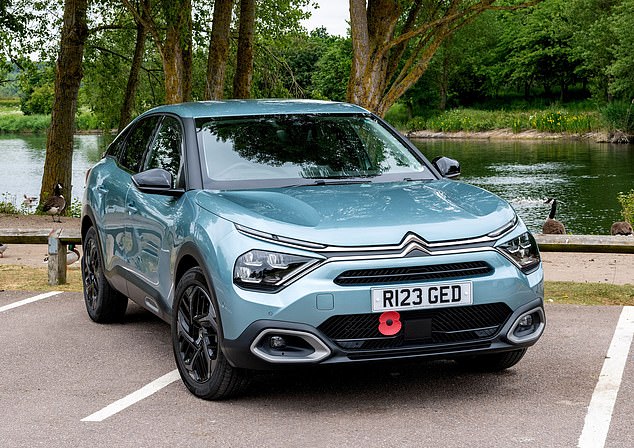
Citroen hasn’t always had the greatest record for reliability, but the current C4 model is proving to be a fairly dependable family workhorse.
Some 17 per cent of owners of the French hatchbacks said they had encountered faults with their cars in the previous 24 months, with electrical issues – including air-con and sat-nav/infotainment system gremlins – the main headaches.
Half of C4s needing to go into a garage to be fixed were in workshops for over a week, which slightly weighed on the model’s score. That said, no owners were left out of pocket with every instance of remedial work carried out under warranty.
6. Toyota Corolla (2018-present)
96.4%
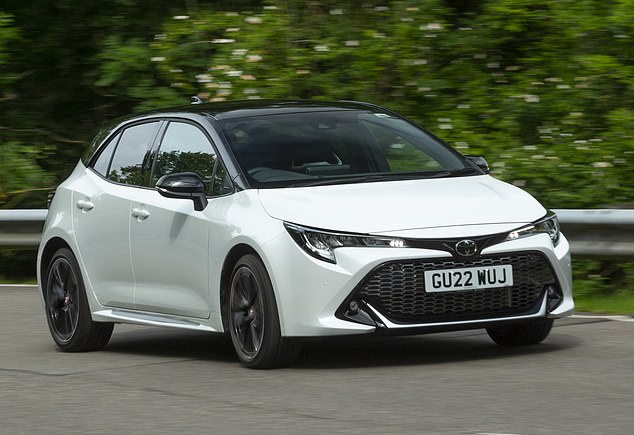
While Citroen’s reliability track record over the years might have a few holes in it, Toyota’s doesn’t. It has been a perennial top scorer in terms of dependability, and the Burnaston-built Corolla family hatch is no different.
Just 15 per cent of Corolla owners said their cars had suffered a fault in the previous two years. These were either electrical or bodywork problems, and the odd 12-volt battery issue.
With Toyota’s warranty only covering models for the first three years, some older examples with problems cost their owners. While 84% of cars were fixed for free under warranty, the rest faced repair bills – though never exceeding £200. What pushed the Corolla’s reliability score down was the fact that almost a third with faults were rendered undriveable - and 28 per cent were off the road for over a week being fixed.
5. Hyundai Ioniq hybrid (2016-2022)
96.5%
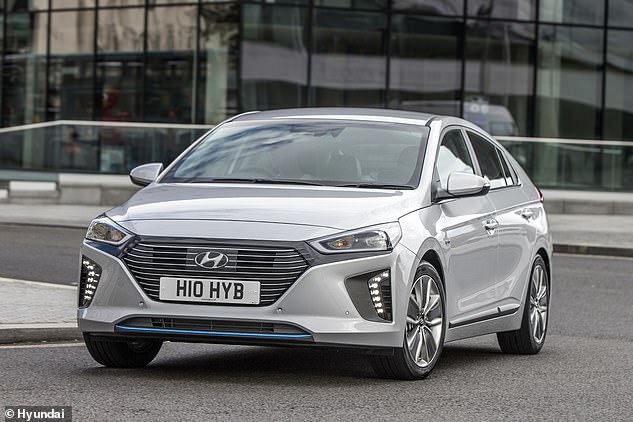
The Ioniq was Hyundai's 'cover all bases' car when it launched almost a decade ago; it was sold as a self-charging hybrid, plug-in hybrid of full EV. The models covered here are the hybrid.
The versions with a combination of petrol engine, battery and e-motors appear more robust than the Ioniq Electric. One in five Ioniq hybrids were reported to have gone wrong over the course of the 24 months, but 47 per cent of the EVs developed issues over the same period.
For the 96.5 per cent reliability rated Ioniq hybrids, bodywork, brake systems and sat-nav/infotainment systems were the main gremlins. Fortunately, three quarters of Ioniqs with faults were were fixed in a day or less and most (88 per cent) were covered under warranty. Those that weren't cost owners less than £200.
4. Honda Civic (2022-present)
97.6%
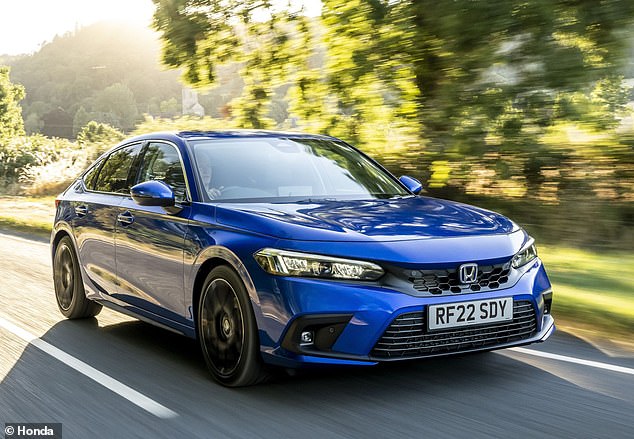
What Car?'s Reliability Survey results found that Honda has made great strides in making its popular family hatchback, the Civic, more robust. Just 8 per cent of owners said theirs went wrong in the prevailing two years, while more than a quarter of the previous-generation model had encountered issues.
The latest Civics only issue is related to the steering system, which was highlighted by all 8 per cent of drivers who said their car had developed a fauly.
Given the current Civic has only been on sale since 2022, it's no surprise that all repairs were covered under warranty. However, every faulty model example was off the road for more than a week, which did cost it marks.
3. BMW 1 Series (2019-2024)
98.6%
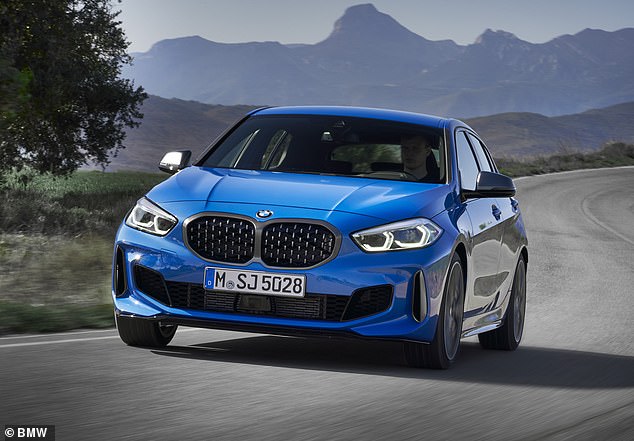
BMW's fourth-generation 1 Series was launched this year, effectively lowering the curtain on the third iteration of BMW's five-door hatchback. But, based on feedback from owners, it's one you might want to consider as a very strong used family car option.
What Car? says it is the German brand's most dependable model, scoring the highest reliability rating for the manufacturer of 98.6 per cent.
Just 8 per cent of owners said they faced reliability issues in the previous 24 months, most of them triggered by non-engine electric woes. All remained driveable and two-thirds were fixed within a week. Most (83 per cent) were fixed under warranty - those that weren't cost no more than £100 to put right.
2. Mercedes A-Class hybrid (2018-present)
98.7%
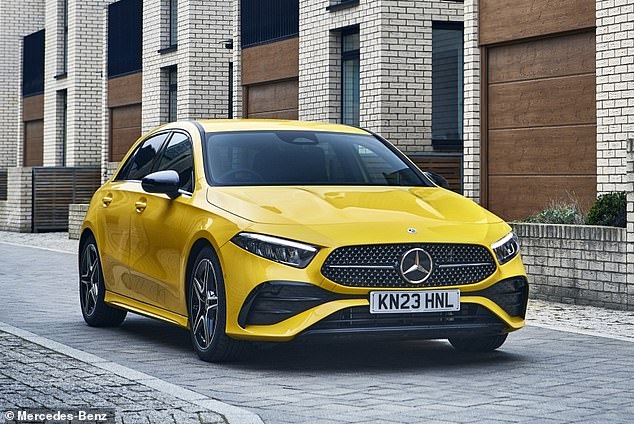
What Car? received enough feedback from A-Class owners to split the vehicles into hybrid and petrol - and it's the former that performs best of the two fuel types. Just 11 per cent of drivers of hybrids reported faults in 24 months compared to a fifth of owners of petrols.
Hybrids no only went wrong less frequently, they were also quicker and cheaper to fix.
All faulty hybrids were repaired at no cost to owners within 24 hours, whereas some petrol cars cost up to £300 and took more than a week to put right.
1. Skoda Octavia petrol (2013-2020)
99.3%
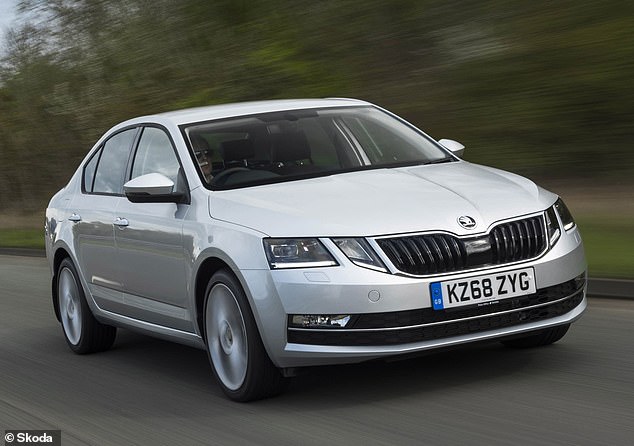
A new Octavia has been in showrooms for the last four years but, based on What Car?'s reliability report, it might not be the one you should be considering.
That's because petrol versions of the previous-generation Skoda family model has a near-perfect record - and totally blitzes the model that replaced it (which we'll get to shortly).
Only 6 per cent of owners of the older Octavia said their car had an issue in the last two years - and all were
LEAST RELIABLE FAMILY CARS
3. Skoda Octavia (2020-present)
80.3%
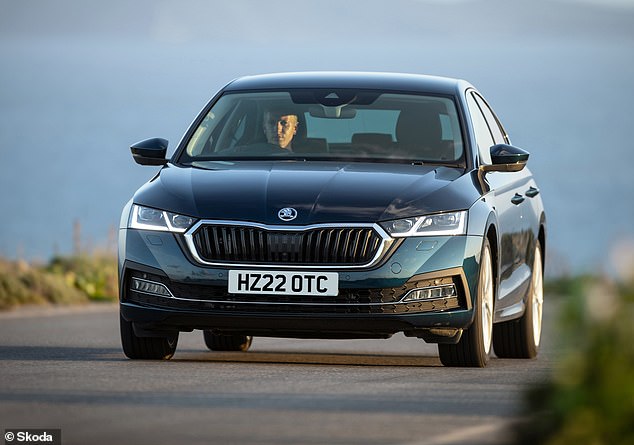
While the previous generation Octavia is - based on this data alone - the most dependable of all family cars, the same can't be said about the current version.
Over a third of drivers of the current Octavia faced problems over a two-year spell. And while most faulty cars could still be driven, over half (52 per cent) were off the road being fixed for over a week. Skoda's warranty did cover 97 per cent of repair bills, though.
Owners were most commonly inconvenienced by non-engine electrical woes - particularly the sat-nav and infotainment systems - which triggered 52 per cent of all reported faults.
2. Seat Leon (2020-present)
74.2%
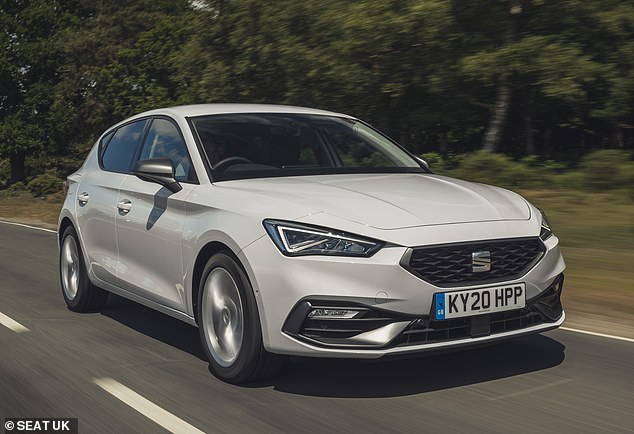
The Leon is among Seat's best-selling models in the UK, but the latest version has a surprisingly high fault rate given its infancy on the market, only launching in 2020.
Almost three in five owners said something had gone wrong with their Leon in the previous 24 months, again mostly linked to the sat-nav and infotainment system.
These took quite some time to resolve, too, with 62 per cent off the road being repaired for over a week. Seat's three-year warranty covered repair costs for most (97 per cent) faulty cars.
1. Volkswagen Golf diesel (2020-present)
70.4%
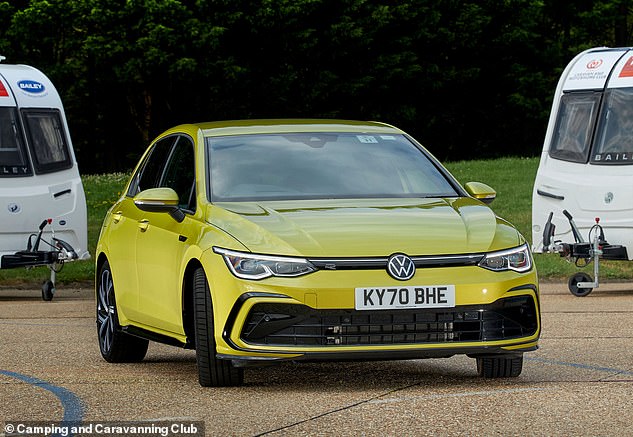
The VW Golf might be an icon but the latest iteration isn't without its gremlins.
Examples across all fuel types have been plagued with infotainment and other electrical system problems. However, diesels have also been suffering gearbox faults, owners said.
Three in ten diesel Golfs had reliability issues over the two-year period, and a thid of these took over a week to fix. To make matter worse, just 41 per cent were fixed for free under warranty; one in ten owners reporting faults said they were handed repair bills of £1,000 or more.


Post a Comment
0Comments